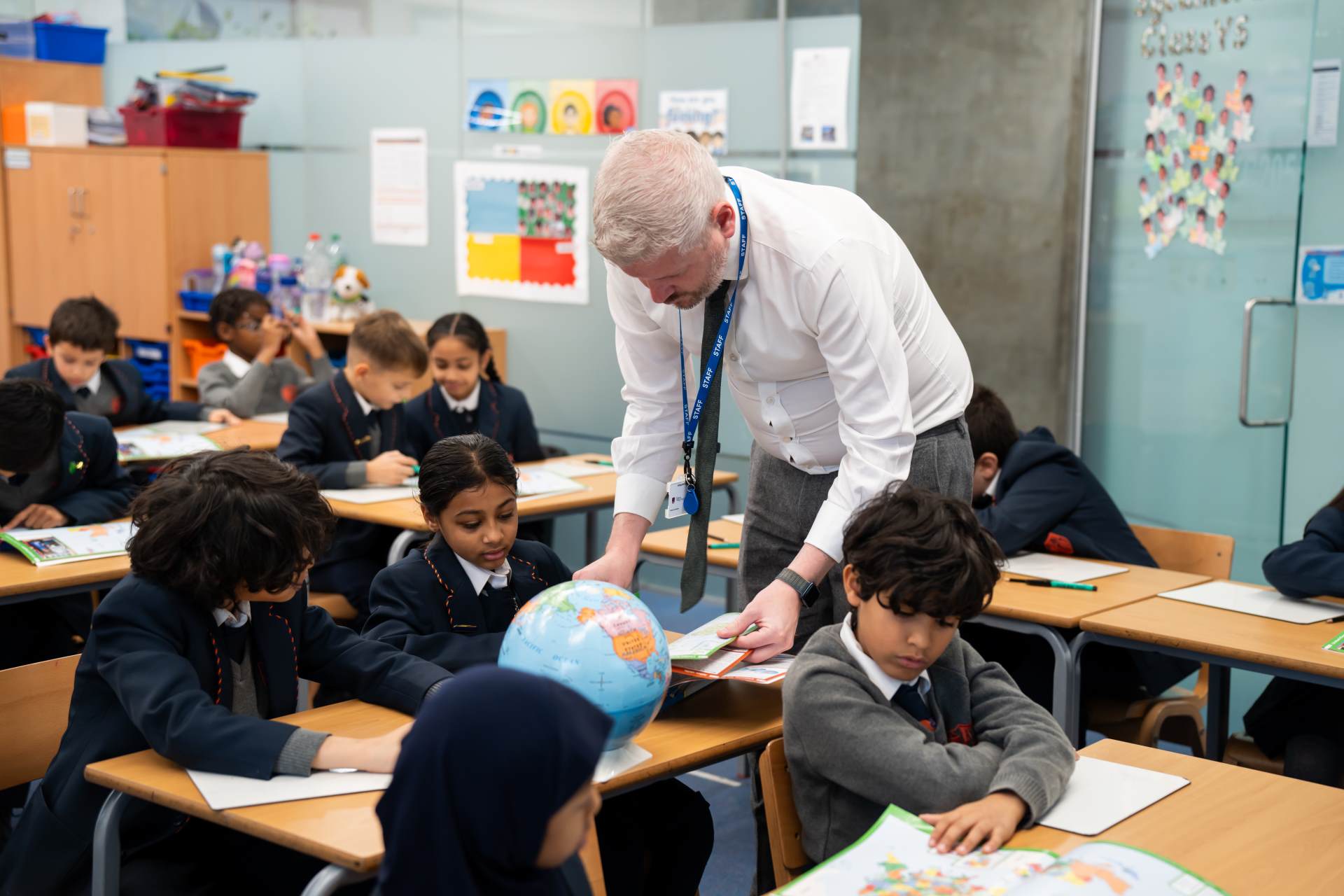Geography
We believe geography promotes knowledge and wonder about places, people, natural and human environments, and enables children to think critically about human processes. Geography helps pupils to become knowledgeable citizens, concerned about the future of the world, and able to understand key connections that exist between people and places.
We use the Kapow scheme of work, a progressive and comprehensive scheme that covers the National Curriculum requirement. The scheme is a winner of the Geographical Association silver award. At our school, geography is theme-led and units are taught using a cross-curricular approach, linking this subject to other subjects. Our pupils use world maps, atlas and globes, compass directions, aerial photographs to recognise landmarks, and we incorporate fieldwork when possible with activities such as observation, measuring, recording human and physical features in the local area.
Geography is taught and planned through whole-class teaching and continuous provision: in the Early Years Foundation Stage, it is integrated into their curriculum and the half-termly topics. In Years 1-6, when a topic has a geography unit, the subject is taught once per week.

The study of geography is about more than just memorizing places on a map. It’s about understanding the complexity of our world, appreciating the diversity of cultures that exists across continents. And in the end, it’s about using all that knowledge to help bridge divides and bring people together. – Barack Obama







